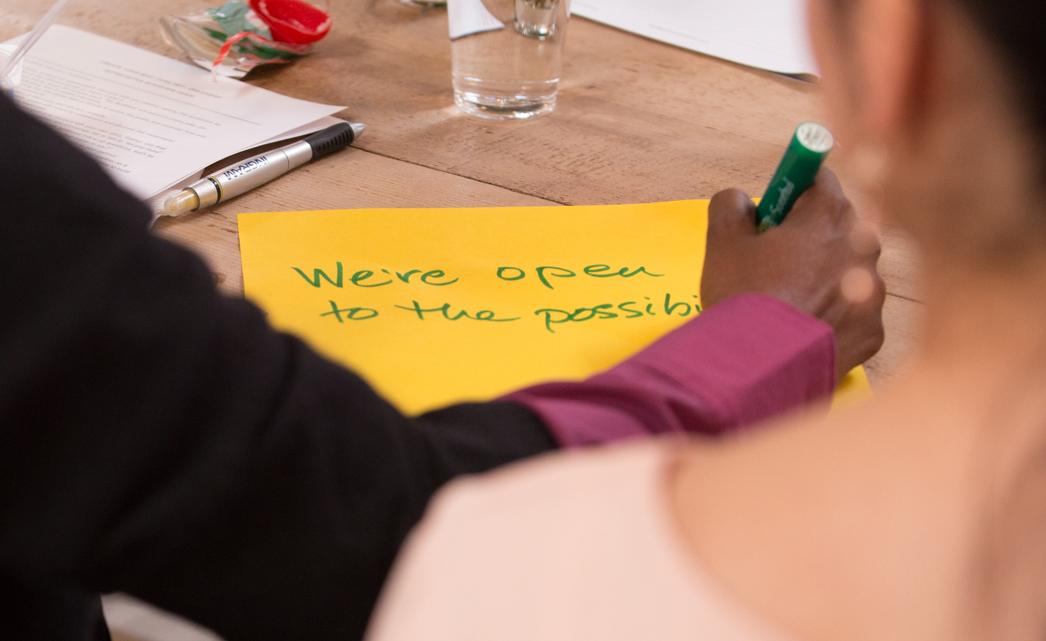“Planning is bringing the future into the present so you can do something about it now.”
This decades-old quote by Alan Lakein, author of “How to Get Control of Your Time and Your Life” sums up our fundamental power to choose actions in the present to create the future we hope for most.
The challenge many people face in planning is that the path to realizing their vision is obscured by fears, distractions, and doubts.
That’s why the planning process we choose for ourselves individually and for our organizations, must move us beyond fears, distractions, and doubts to the dreams, hopes, and aspirations that live on the other side of what constrains us. Deficit-based planning only reminds us of what we are not, appreciative planning reminds us of what we are and the possibilities for what we could be.
“Tell me, what is it you plan to do with your one wild and precious life?”
– Mary Oliver
Planning needs to be inspiring and instructive. To create images of the future that are vivid enough to tell us what actions to take in the present to create that future. A process that integrates the heart and mind, as Mary Oliver encourages in the line above from her poem “The Summer Day.” Turns out that cognitive neuroscience agrees with the poet.
We need emotions to make decisions. Being aware of our emotions when exploring current realities and possibilities for our future is essential to making choices that move us in the direction of what we want (thriving) versus what we don’t want (threatening).
“Although the world is full of suffering, it is also full of the overcoming of it.”
Throughout her life, Helen Keller showed that beyond any circumstances, innate or external, we have the power to choose how we engage with our world. We can focus on difficulty or on the overcoming of it.
The processes we choose for planning need to be grounded in the knowledge that each of us is inherently whole, infinitely creative and intrinsically capable of realizing our fullest potential. We have the capacity to grow in our wholeness, individually and collectively.
When you envision yourself and your organization, even more capable, even more effective, making the contributions to the world that you hope for most, what do you see? Through an appreciative planning process, we can help you turn that dream into your destiny.
“To accomplish great things, we must not only act, but also dream; not only plan, but also believe.”
– Anatole France


